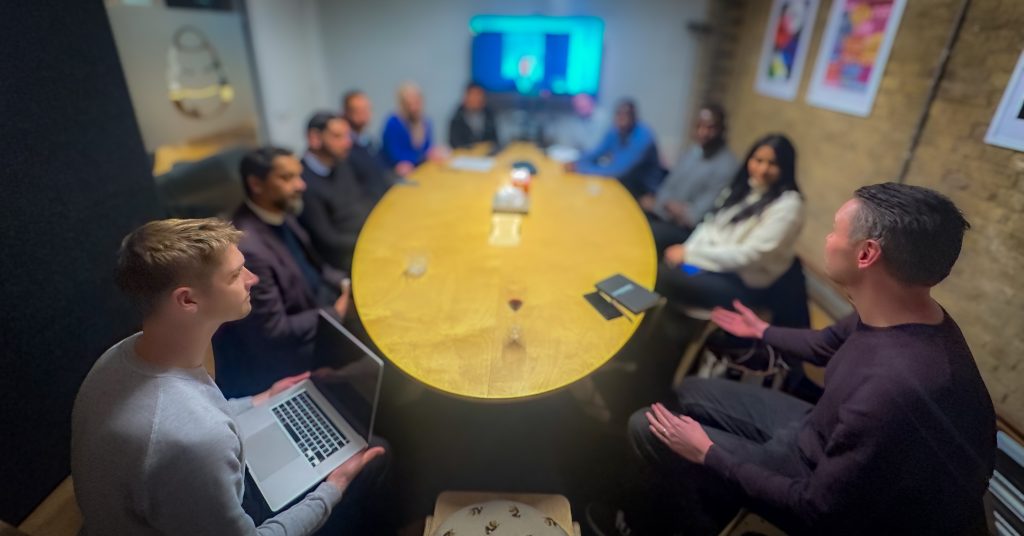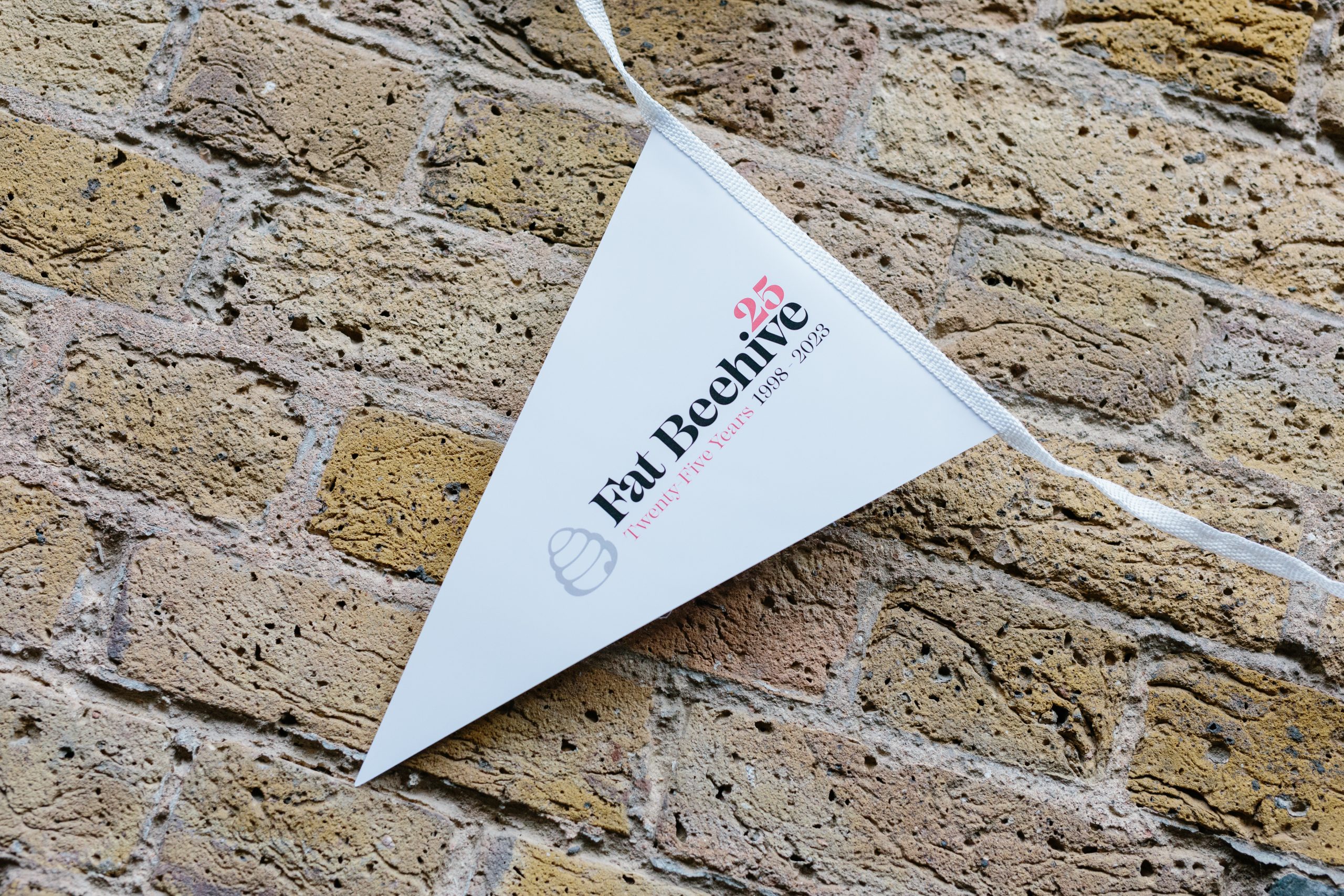I’ve been a Chief Executive for over 25 years in the charity and private sectors; I’ve also been a senior elected councillor responsible for Jobs and the economy in one of London’s biggest Boroughs. While a lot has changed in the world of employment, the recruitment process has largely remained unchanged – the traditional approach is to advertise, shortlist, and then do a one or two-stage interview.

What is surprising is that so much research suggests that this process is riddled with both conscious and unconscious bias and that interviews don’t gauge the skills that will be important in the job. Doing well at interviews is often based on arbitrary characteristics; wealthy white men have an inbuilt advantage, and extroverts who lie do better than introverts who tell the truth.
Countless studies (here, here, and here) have tested the bias in shortlisting by submitting job applications in which every aspect of the CV is the same except for the applicant’s name. They’ve found that “white-sounding” names are more likely to get a call back than ” foreign-sounding ” ones.
Stephanie Leguichard sets out a convincing case on Why Job Interviews Are BS (and Racist) and cites Don Moore from the Haas School of Business, who is clear that the poor ability of interviews to assess future job performance is “one of the best-established findings in the field of organisational and industrial psychology.”
Further studies have found that interviews are counterproductive, making the interviewers worse at estimating candidates’ future job performance. Jason Dana of the Yale School of Management conducted an experiment in which subjects predicted the future performance of a group of people they’d interviewed and then a group they never met. For both groups, they were able to see the candidates’ past performance. Their predictions for the group they interviewed were astonishingly less accurate than those they never met.
Another study found that 81% of people lie about themselves at job interviews. The study also found that “candidates who lied the most were rated as the most competent, likeable, and hirable.
Instead of being based on merit and ability, the outcomes of interviews are often determined by arbitrary factors that have nothing to do with the job role. For instance, copious research has found that employers’ decisions are heavily —and perhaps subconsciously — influenced by physical attractiveness and height.
A 2023 survey found that over half of hiring managers decide on a candidate within the first five minutes of the interview. So, whilst there is plenty of evidence that diverse teams are more creative and resilient, the truth is that we tend to like people like us. If you have a team of white men under 30, appointing someone who looks and sounds like the rest of the team can appear a safer bet. Although these decisions are often subconscious, people look for evidence to prove their decision was correct. This is known as Confirmation bias (or confirmatory bias) – a tendency to search for or interpret information in a way that confirms one’s preconceptions, leading to errors.
Even at their best, interviews are a piece of theatre with everyone acting out their part – all they do is identify people who are good at interviews. They are an unnatural environment for the interviewer (with the set questions) and interviewee, who will be stressed.
Furthermore, a lot of companies put most of their time/effort into interviews rather than the more important part – shortlisting. At Fat Beehive, we embrace diversity and strive to adopt best practices. Still, if I have 40 applicants for a role and shortlist six for an interview, 50% are likely to be poor – largely because it is difficult to shortlist people successfully based solely on what they have written. But that also means many people we didn’t shortlist would be good – if I want to employ the best people, these odds are terrible.
That is why we have adopted different approaches to recruitment – for developers, the most important aspect is their ability to code – so getting them to produce code is a more reliable indicator than a CV or interview.
We had 40 applications for our recent Account Manager role, and I realised that, even with 30 years plus experience, any shortlisting I did based solely on CVs would miss some good people. So we invited everyone to an open evening session where the candidates got a chance to learn about Fat Beehive and, more importantly, hear from and have the opportunity to ask questions of those currently doing the job. This also provided a natural filter as only those genuinely interested in the role would turn up or respond. People would shortlist themselves.
We held our last session on Tuesday this week, with 8 people attending in person and one online. It was a friendly, relaxed evening where people had a chance to explain why their experience and background would be suitable for the role, and we got a chance to see people in a more natural setting than a formal interview.
“Our conversation solidified my enthusiasm for the position and reinforced my belief that my skills, experiences, and passion for account management and creating a social impact align well with the mission of the company. I am even more eager to contribute to the dynamic team and bring my skills and enthusiasm to the role.”
Candidate A
The quality of candidates was superb – and it underlines how the traditional approach, which even at Fat Beehive would mean us speaking to only three of the nine, would have been unfair to the candidates and unhelpful for us.
“I wanted to let you know that I found yesterday’s session to be highly engaging and delivered great insights into Fat Beehive as a company and the role of an Account Manager.”
Candidate B
Equally, the open evening was much less stressful for candidates and less tiring for us – we got to see the real candidates, and they learned a lot about us and the role. This means it was a lot of fun, with everyone leaving in good spirits.
“I would like to express my gratitude for the highly structured and progressive interview process that your organisation has implemented. It is, without a doubt, one of the most comprehensive and commendable processes I have ever encountered.”
Candidate C
We will follow up with those who showed the most promise, but the whole process was a positive experience for both candidates and our team, and I thoroughly enjoyed meeting all those who came along. I am not saying it is perfect- we all have unconscious biases- but it is a better approach than traditional recruitment methods (and a lot more fun), and the feedback from those who attended has been overwhelmingly positive.
“It was a real pleasure meeting you, Matt, Marcus, Jake, and Alex, and hearing the four of you speak about the company, its mission, and your commitment to delivering a great service to your clients. Your ethical approach to onboarding said clients is admirable and is reflected in the very culture of Fat Beehive, and the passion and pride you take in your work is clear to see and quite refreshing.”
Candidate D

